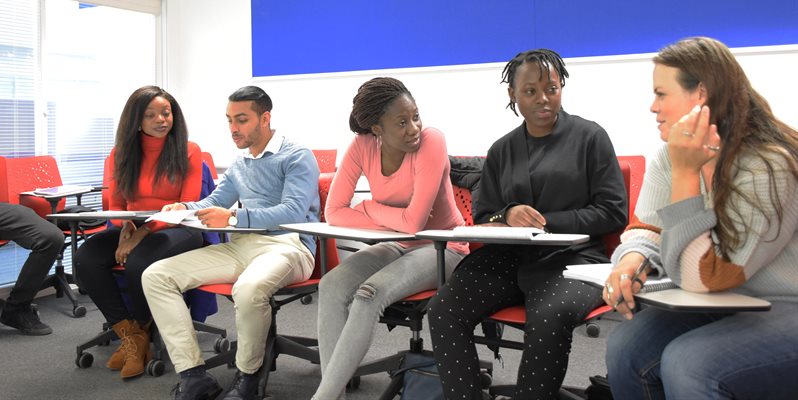Course overview and structure

Overview
Our innovative Global Health programme offers a stimulating and vibrant environment to support you to get the most from your studies and ensure you meet your goals. Here is a short video overview of the course.
Our teaching approach
A unique aspect of our MSc in Global Health is our innovative teaching, learning and assessment methods. Our teaching includes participatory approaches such as seminars, workshops, research-informed lectures, tutorials and student directed presentations and seminars.
Our interactive, student-centred approach to teaching and learning equips you with skills and knowledge in the field of Global Health by bringing together theory and practice.
Our approach supports students in developing independent learning skills as well as transferable skills such as advocacy, critical appraisal, communication, dissemination, presentation skills, planning, problem-solving, teamwork plus many more!
Course structure
The MSc degree combines compulsory core modules with a variety of optional modules, allowing you to select topics relevant to your work and professional interests.
We also offer a PGDip or PGCert in Global Health and our modules can be taken individually as single modules. Credits earned can be used in the future towards completing the full MSc.
MSc (180 credits):
Three compulsory core modules three 20 credits optional modules OR two 30 credit optional modules, plus a dissertation module.
PGDip (120 credits):
Three compulsory core modules and three 20 credits optional modules OR two 30 credit optional modules.
PGCert (60 credits):
One compulsory core module and two (20 credits each) optional modules.